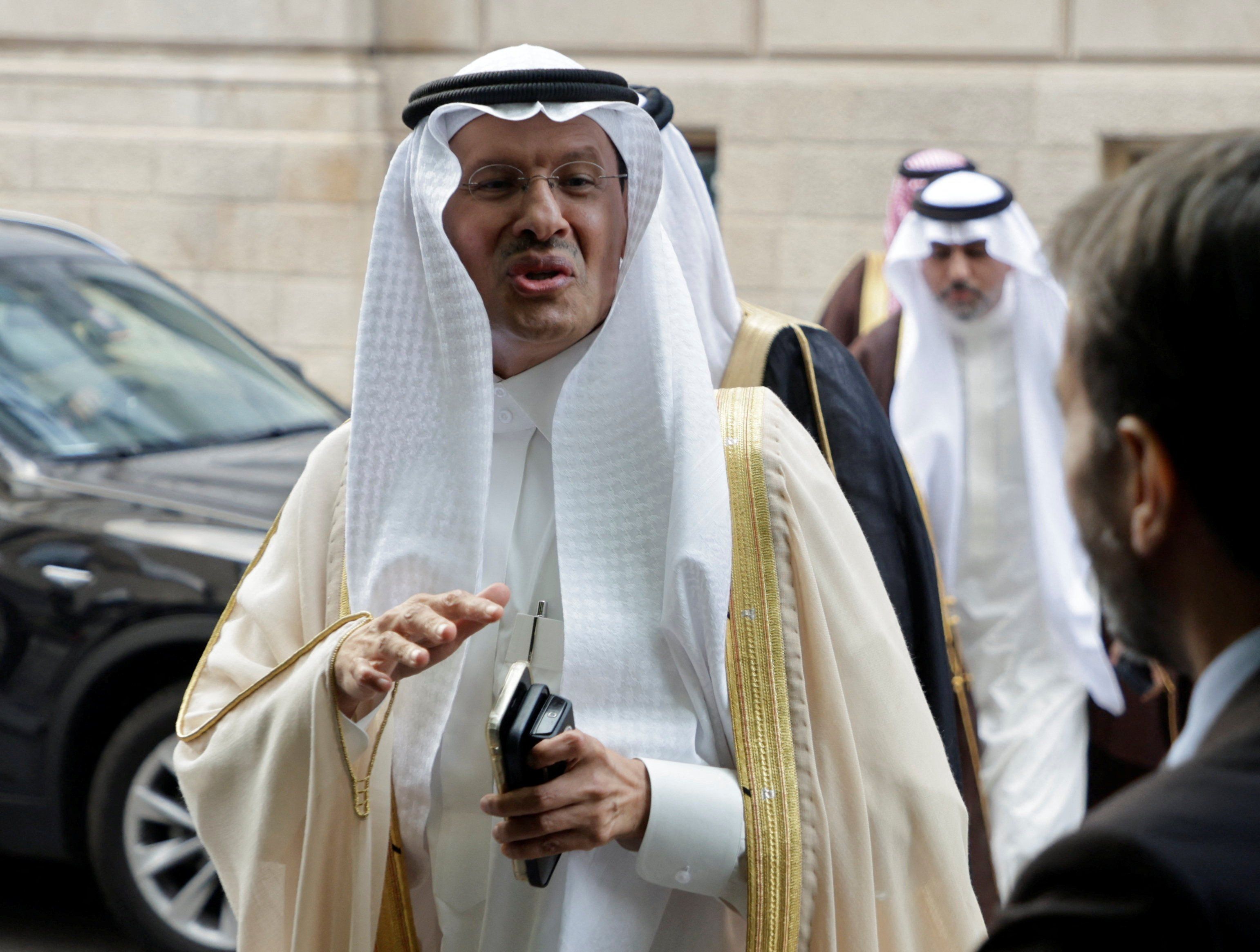In a dramatic decision, Saudi Arabia announced Sunday that it will take a unilateral step to slash its oil output by 1 million barrels per day in order to boost global oil prices.
Other OPEC+ states – which include resource-rich countries in the Middle East, Latin America, and Africa, plus Russia – committed to extending earlier cuts announced in April through the end of 2024, though they didn’t go even deeper like the Saudis.
Oil prices have hovered between $70-76 in recent months, well below the $80.90 per barrel the International Monetary Fund estimates that Riyadh needs to meet its ambitious economic goals and diversify its economy away from dirty fossil fuels. Still, oil prices have remained sluggish despite efforts by the Saudis in particular to tighten supplies over the past year.
Saudi Energy Minister Prince Abdulaziz bin Salman, who reportedly made the call, said the cut would be for the month of July but could be extended, describing the measure as a “Saudi lollipop” for the oil-producing cartel. (The subtext: What’s good for us is good for you!)
The US and EU, for their part, have accused the Saudis of manipulating oil prices and causing global economic havoc since Russia’s invasion of Ukraine in Feb. 2022. Surely, this will only further infuriate the Biden administration, which wants to keep gas prices down from record highs seen last year as the 2024 presidential race gets underway.
The Saudis are sending a clear message that they are willing to set a floor price for their most valuable export. And while they won’t care much about angering the Americans, they will care about the Chinese response, considering that Beijing is the kingdom’s largest market.
